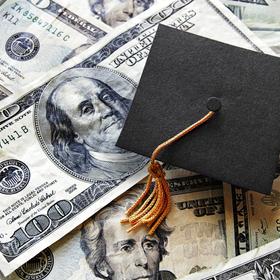Financial aid can be very confusing for many parents. You wonder whether you make too much to be eligible. Is there a specific time when you apply? Here are five facts most of us didn't know about private school financial aid.
1. You have to apply for it.
Applying for financial aid at most private schools is a separate process from applying for admission to the school. You also need to make sure that you apply early. This is particularly important if the school has no specific admissions deadline or rolling admissions.
2. You may be eligible for free tuition if your family income is below a certain amount.
Exeter, Andover, Groton, St. Paul's, and Deerfield all have financial aid programs that offer a tuition-free education to admitted students whose income is below a certain threshold. The threshold varies but is in the $60-75k range.
This video reports of free private school tuition.
"Exeter offers $25 million annually in need-based financial aid. Tuition-free attendance is available for families with incomes below $75,000."
3. There is a common application form.
Many private schools use a common financial aid form. This vastly simplifies the process of applying to several schools. You will have to fill out the Parents' Financial Statement (PFS) online at www.nais.org/financialaid/sss. You can also complete a paper version of this application. This will be available from school admissions offices.
4. Most schools have a sliding scale of aid.
You may think that you are ineligible for financial aid because your family income is $150,000. The truth is that you may indeed be eligible for some aid. It will depend on factors such as how many children you have at the school and so on. Ask the school.
5. Most schools have increased the amount of aid dramatically.
Private schools recognize that they need to offer more aid to more families in these very tough financial times. Changes in employment and shrinking financial resources have meant that many more families who normally might be able to afford private school are asking for help. Schools have reallocated resources to make sure that they can meet the increased demand.
Financial aid can be a complicated proposition. You may even find it intrusive and embarrassing. The truth is that there is much more at stake, namely, your child's future. So, get your affairs in order. Gather all the required paperwork and forms. Submit everything as early as you possibly can.
Questions? Contact us on FAcebook. @privateschoolreview















